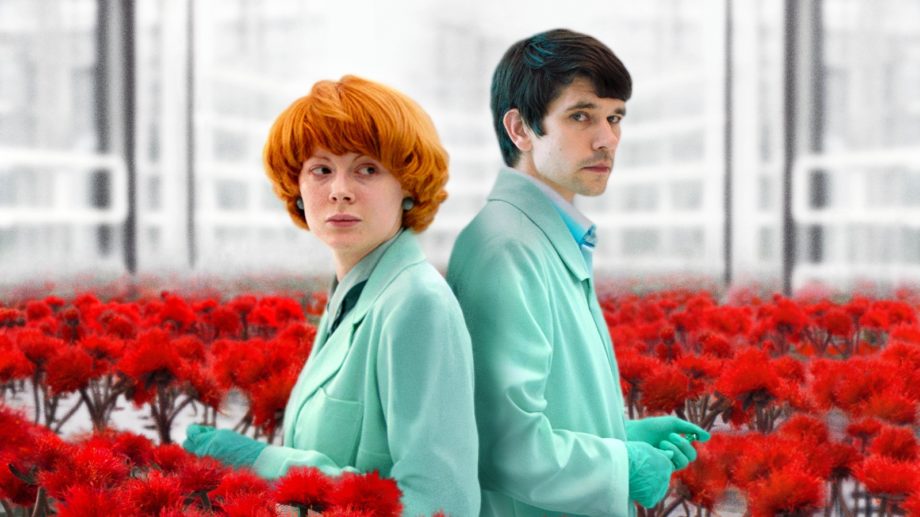Ahead of our retrospective Jessica Hausner: The Miracle Worker, starting this Friday at Film at Lincoln Center, we spoke with the Austrian writer-director about each of her films, from her shorts Flora and Inter-View to her debut Lovely Rita to her new sci-fi chiller Little Joe. Join the director in person for Q&As and intros this weekend. See the full schedule and get tickets here, including a 3+ film discount package.
Jessica Hausner on learning with Flora and Inter-View (playing Sunday at 4pm):
With Flora, I learned mostly that nothing is embarrassing as long as you really mean it. Flora is a film that somehow personal but also not at all because again the style of the film is transforming the individual side of the story to a story that is very general, that’s good for everyone. So I think with Flora and Inter-View, I was very much learning that the style of my films is what creates the content—that if I found the rhythm, the visuals, the faces, the dialogue, everything can be very artificial, but it’s still moving if the story comes from the bottom of my heart. And I think before that, when I was studying in film school, I was sort of searching. Flora and Inter-View were the first two films where I sort of understood what my style of storytelling could be like, that it’s very much about cinematic language and about showing and not showing and about questioning the perception of the audience.
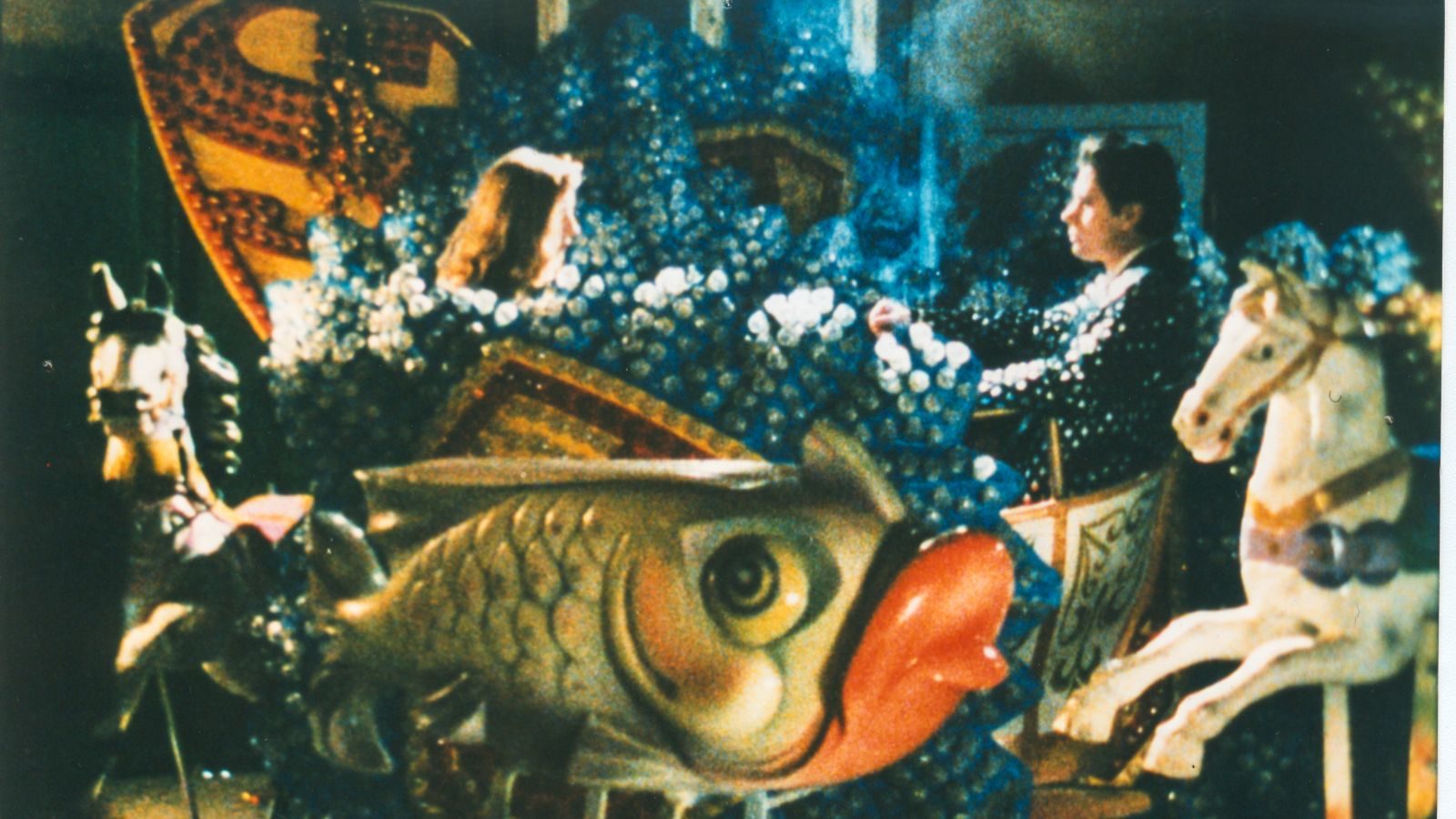
Flora. Courtesy of sixpackfilm.
On the challenges of making a debut feature:
The development of this film started in 1999, when I started a production company together with my colleagues from film school and among them was the cinematographer of all my films, Martin Gschlacht. For me, it was the first moment I was able to control the films I was doing. I remember that back then being a young filmmaker in Austria, there were no producers I would have wanted to work with. They were all old-fashioned, in very ancient ways. And starting the production company made it possible for me to do films the way I want to make them.
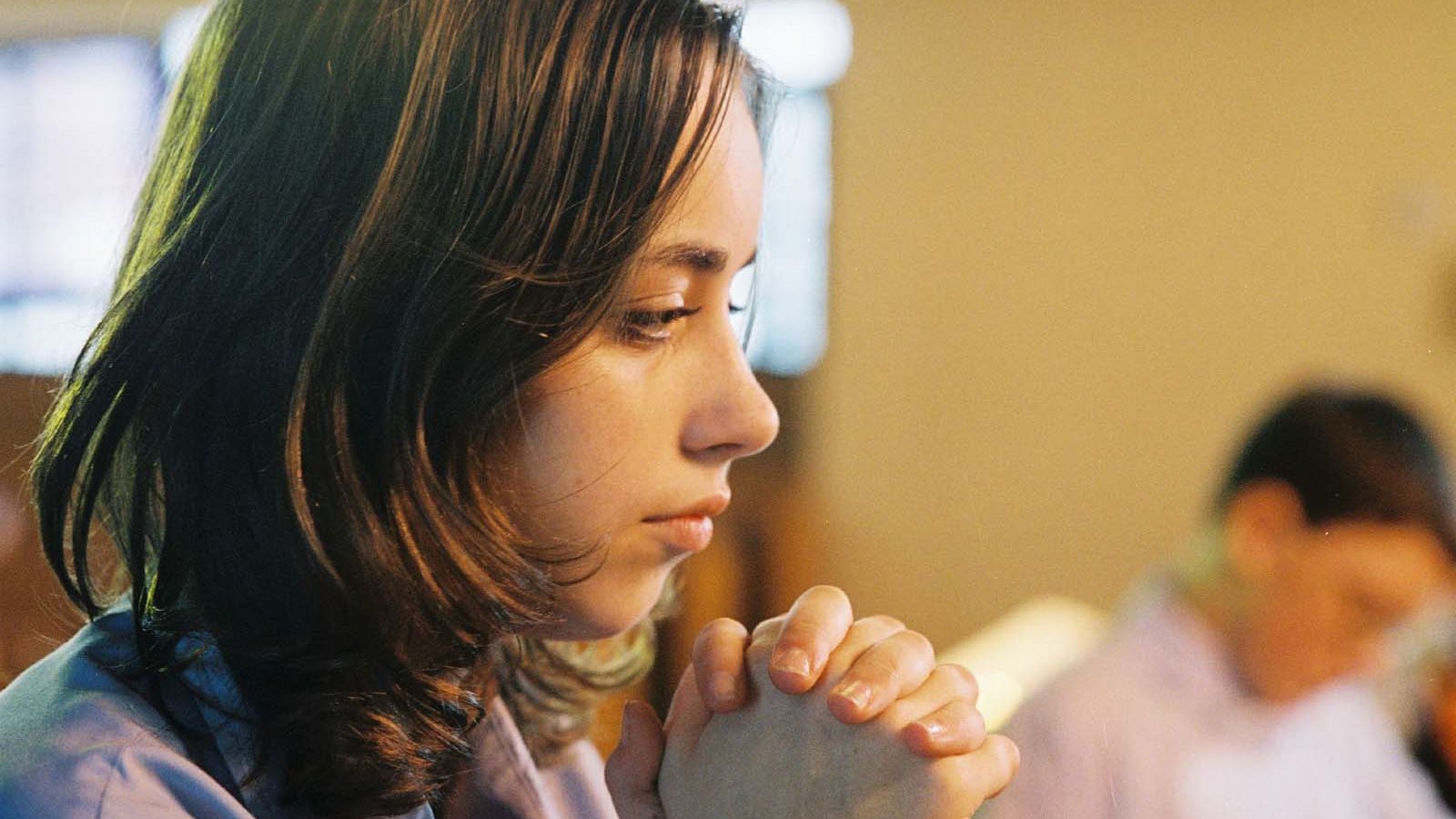
On Lovely Rita (playing Friday at 9:30pm with intro):
Normally when I start a new film, I have a very simple logline in mind. It’s a short sentence or word that is the starting point. For Lovely Rita, it was a girl killing someone. I know that back then we had all those stories of violence of young men, but we hardly ever saw films about young women who kill someone. So I started to research about young women who have killed. There was actually a real incident that was the inspiration for Lovely Rita. It was about a young girl who killed her parents. All of the details of the story of Lovely Rita come from this weird case, and I was allowed to study all the files and the psychiatric questions and everything.
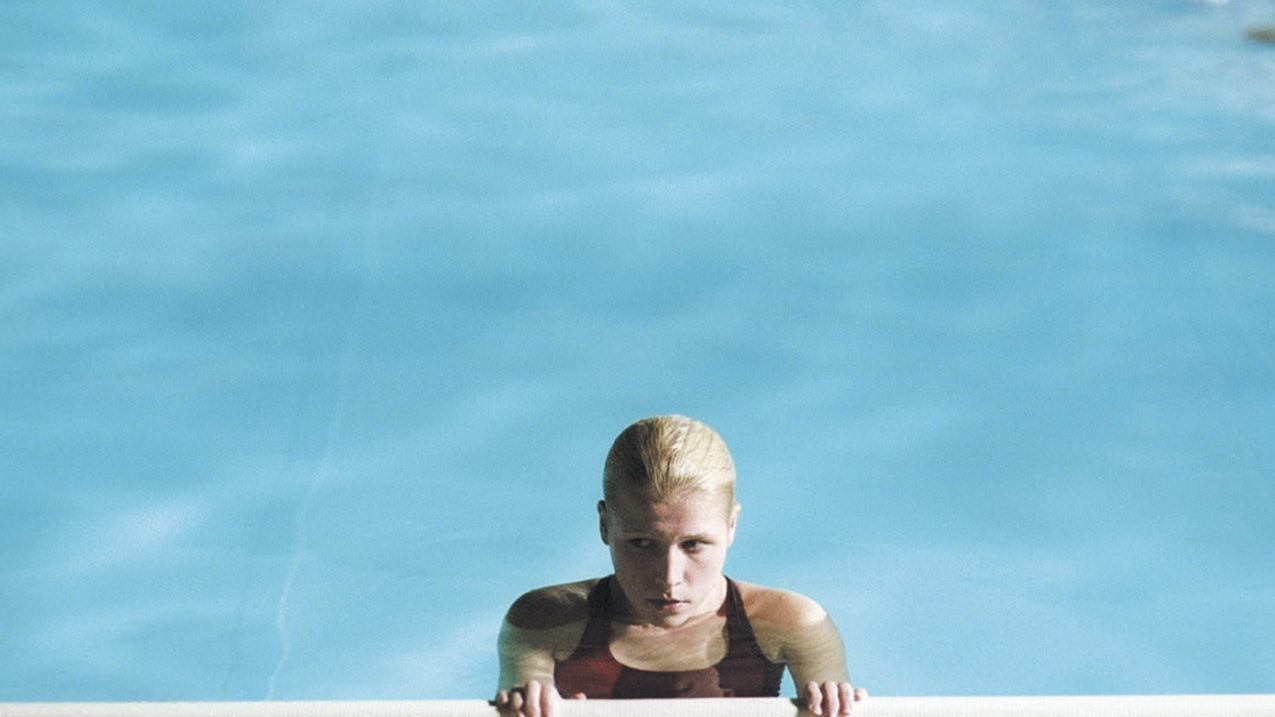
On Hotel (playing Sunday at 5:30pm):
Hotel is my most problematic film, in a way, because the reaction of the audience was quite controversial. Some people like the film, but a lot of people said the ending was missing; they couldn’t enjoy the fact that you cannot get any plausible explanations for what was happening. And I remember that back then I thought that was good and that was the only reason to make the film, to not give you any clue what it was about. [Laughs] But then with all the discussions with audiences after screenings, I more and more understood how little an audience is willing to take that. Most of the audience gave me a hard time because I started to think, “How will I be able to tell my stories in the future without disappointing the audience so much, but still not giving them the final clue?” And it took me quite a few years after Hotel before I came up with a new idea for a film because of that. Because I suddenly thought, “Okay, if that is what it’s like—if that is what an audience can take or cannot take then I have to rethink my filmmaking a little bit.” So after Hotel, my films still have very ambiguous endings, but you will find that those endings give you more clues how to interpret the story. Hotel is the most abstract of my films.
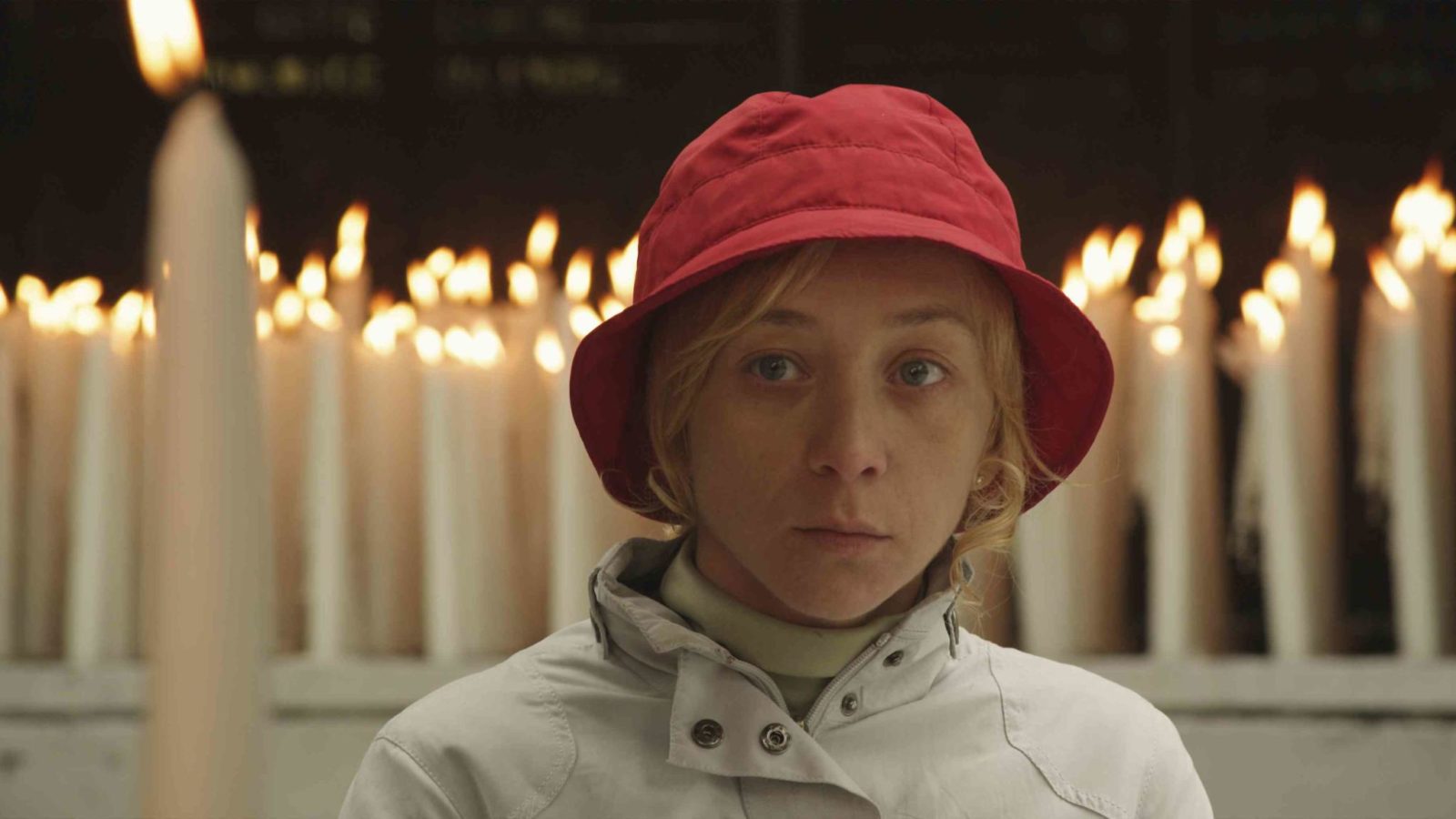
On Lourdes (playing Saturday at 6pm with intro and Sunday at 2pm):
The first sentence of the idea was a miracle that might not be a miracle after all. Like with all my films I started to do a lot of research, and I investigated different places where miracles are supposed to happen, or I investigated different descriptions of miracles that have ever happened. That was very interesting for me. And then I started to focus on the place Lourdes, because I found out that this is the place to go if you want to have a miraculous healing—that’s the place where it happens. And I was reading a lot of medical studies about people who were healed in Lourdes. They have a medical bureau over there and they investigate all the cases. There is a doctor who is especially investigating people who have been healed. It was also interesting to read all those case studies, but the other thing that was interesting was that, for the research, I interviewed a lot of pilgrims, sick people, caretakers—all the people that go there. And I was interested because I don’t believe in God, but I wanted to know how they can. So that was an interesting thing for me, because I felt like I’m a Japanese visitor trying to find out the Catholic religion, and that’s what the whole film was for me. It was like from the perspective of a stranger to ask what is this religion about.
An emotional part of Lourdes was that during the research I talked to a lot of sick people facing death, and I understood that their problems are similar to everyone else’s, only with the difference that when you’re sick you’re facing death much stronger. But we all are facing death—we just don’t think about it every day—and the moment I understood this, the whole process of making the film became very personal, because it’s not about them who are so crazy because they think they are going to be healed. It’s us, because we think we’re going to live forever. Every human being is trying to neglect the fact that we are going to die one day, and some try to find the God who relieves them, and others just don’t think about it, but that’s what we all share—we’re trying to ignore the fact that it is inevitable.
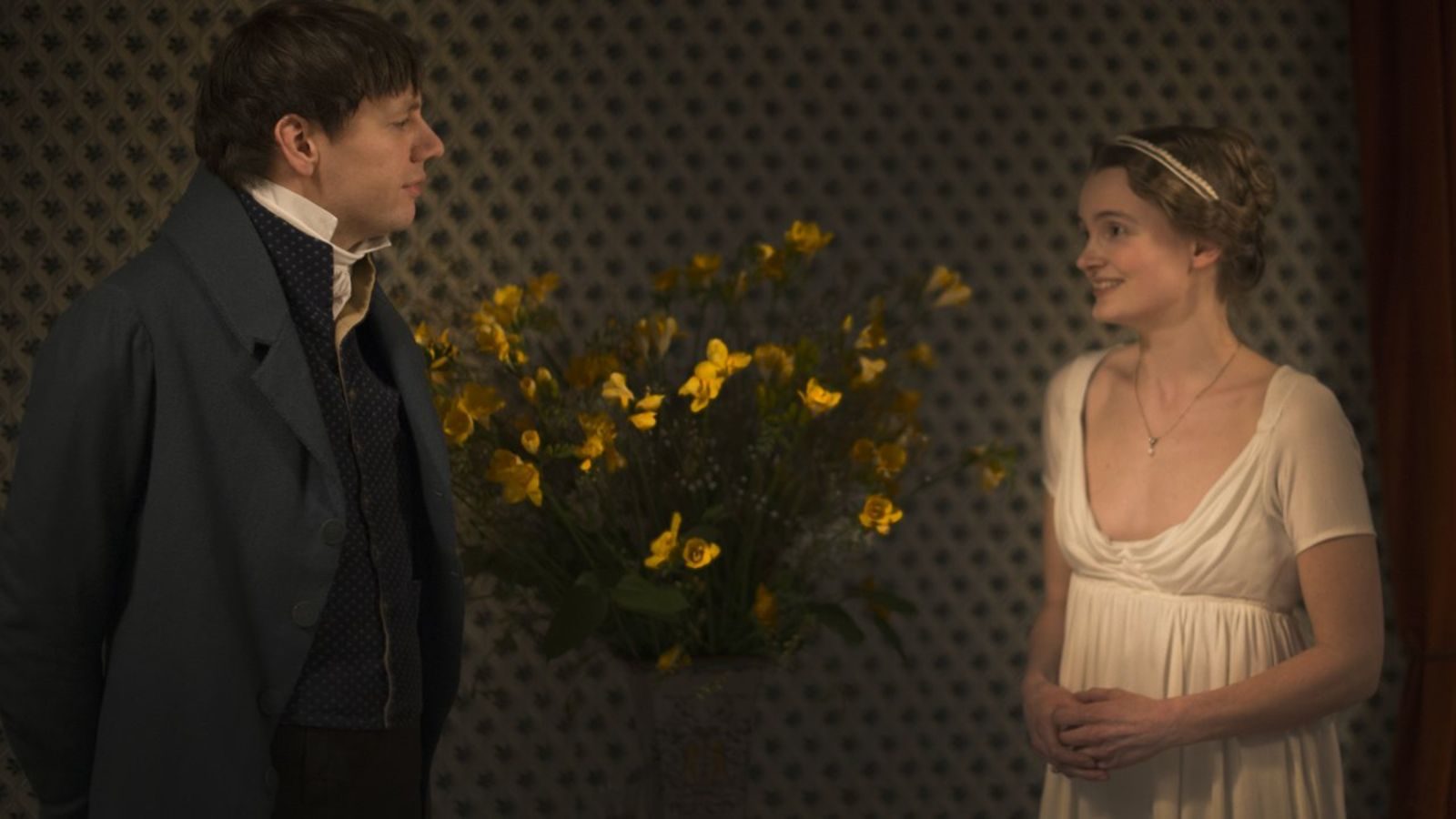
On Amour fou (playing Saturday at 8:30pm with intro):
Amour fou is a very strange story, because I had already started to write a script about a double suicide ten years earlier. I think it was before I made Lourdes, at the time of Hotel. I already thought about making a film about a young couple who wants to kill themselves together. But the script didn’t work out. I never liked the script, so at some point I just put it into a drawer. But then, after I had made Lourdes, suddenly I was reading by chance in a newspaper a summary about the life and death of Heinrich von Kleist, a German poet, and in that article it was really so funny, because they described that this poet asked different people if they would want to die with him. He asked his cousin. He asked his best friend. He asked some random person. But they all didn’t want to die with him. And so then he met this young woman who thought that she was going to die from cancer, so she agreed. But it’s not that sort of romantic novel suicide that we would think of. So suddenly I understood that that was what my story is about, that love is projection. Even if you don’t need a partner in suicide, any partner that you choose, you project your own longing and your own wish onto that other person, and if it’s possible, if there is an echo, and if you can project your ideas onto that person, then love is possible. So love is not romantic. Love is very calculated. This very strange thing that love is actually very egoistical; I see myself in that other person, my better self, and I think all the best [relationships] can be disappointing, when you find the other person in the relationship is another person. It’s not at all the person that you thought you would love. All those thoughts about love are in the film Amour fou.
On Little Joe (playing Friday at 7pm with Q&A):
I have always created very artificial worlds in my films. With Little Joe, it’s maybe even more artificial. It’s nearly a surrealist world. All the colors and settings are surrealist. The initial idea of the film was to make a film like Invasion of the Body Snatchers, but to focus on the first half of those films. Because in the beginning of all of those films, they all seem to have the same issues. It’s always about someone who has been changed. I love horror films and sci-fi films, but most of the time I’m very disappointed when you get the answer—when you reach that point in the story where, oh yes, there are pods from outer space and they breed human beings or whatever explanations you get in those films; for me, that’s the end of the suspense. So I tried to make a film where we hold that suspense until the very end. It goes back and forth between asking who has been changed, has anyone been changed, and what does that change mean? The reason is of course—again, like in Amour fou and in Lourdes—always about questioning this other human being you think you know, you think you love, and then you find out maybe that’s not at all the person you thought he or she would be.
Jessica Hausner: The Miracle Worker takes place this Friday-Sunday at Film at Lincoln Center with the director in person. See showtimes & get tickets here.


